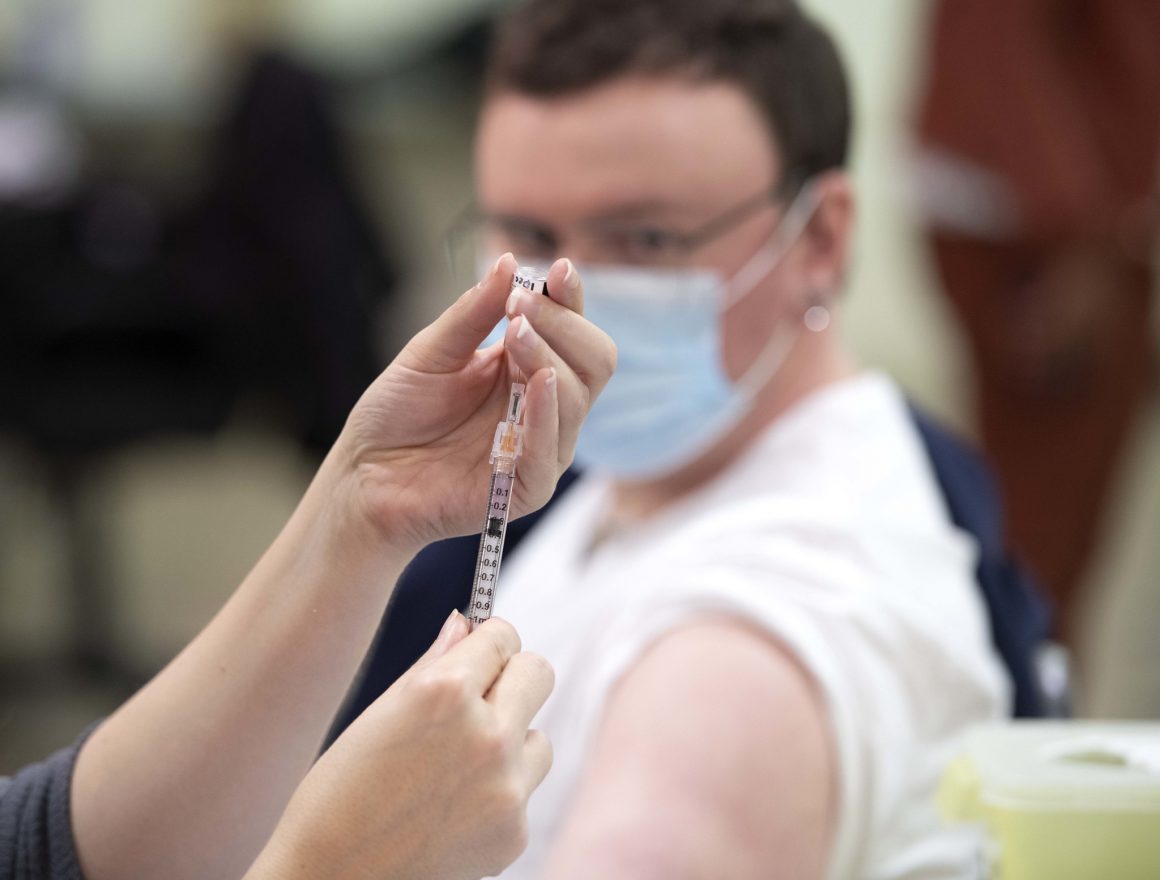
For All Humankind: Canada’s duty to vaccinate at home and abroad
By Christian Lowry, February 17 2021—
The celebration upon the discovery of a vaccine for COVID-19 has been premature. As of Feb. 7, Canada has administered 2.76 COVID-19 vaccine doses per 100 people, well behind both the European Union and the United States, the latter of which has had an otherwise tragic experience with coronavirus. The organizationally fragmented, provincially-run healthcare system administers vaccines according to the rules set by each provincial and territorial government, creating vast disparities in use.
Many people rightly criticize the anti-vaccine movement. A more dangerous threat may be a political establishment that fully admits the effectiveness of vaccines but fails to effectively distribute them for one reason or another, whether to their population or the world. Notably, Canada has purchased four times more vaccines than it needs, reflecting a global trend in which wealthy countries representing 14 per cent of the world’s population have purchased 53 per cent of available vaccine doses. This kind of disparity is inexcusable during a global pandemic involving a newly emerging disease.
Countries know how many people reside within their borders and how many doses each person needs, and the data on the effectiveness of each vaccine is now well-known. Although Ottawa has assured critics that it will donate surplus vaccines, that would not even be necessary if the government had not hoarded them to begin with. Illness and the suffering it brings disregards national borders, so the response to it should as well.
Canada is not without potential inspiration in how to administer vaccines. Currently, Israel leads the world in rates of COVID-19 vaccination, at 64 doses per 100 people. This is thanks in part to a successful public relations campaign that includes major religious and political leaders across various social divides. Recently, the Ontario Science Advisory Table recommended six vaccination measures based on Israel’s vaccine rollout, which included setting up drive-thru vaccination sites, prioritizing age groups in order from the most vulnerable to the least, a single information system, and numerous decentralized vaccination sites instead of a few massive depots.
Fortunately, we are also not without precedent in disseminating vaccines to all who need them. The international smallpox eradication campaign, which witnessed the only eradication of a disease in human history, was not dependent on isolationism or hoarding more doses than necessary within a few rich countries. Instead, it was carried out with the World Health Organization’s (WHO) supervision, cooperation between the otherwise competitive United States and Soviet Union and the public health organs of each country. The fascinating story is told in full detail in the official WHO history of the campaign. Each nation’s representatives soberly recognized that vaccination would only be a temporary solution if the international community allowed smallpox to continue spreading in poorer countries. In fact, it was the rationale with which the campaign was first conceived in 1958. This remains as true within a country as it is between countries. Although it is relatively easy to do, we cannot check off our own boxes and assume the entire task is complete.
Sceptics of international moral duties should consider that, even if COVID-19 is not as severe as commonly thought, it is neither the first nor the last pandemic humanity will experience. It may only be a matter of time before a much deadlier virus mutates and spreads between humans in like manner. If it occurred with coronavirus, it can also occur with bird flu, of which some strains have human mortality rates of up to 60 per cent. Although some extremely deadly strains, such as H5N1, are not yet easily transmissible between humans, there is no guarantee they will remain so, just as SARS-CoV-2 (the virus which causes COVID-19) did not spread between humans until 2019.
Canada’s present bungling of its vaccination response does not give comfort in light of what is at stake. It requires more unitary political structures at home and more international unity in its foreign policy. Countries currently have the option to forgo international commitments, but necessity may soon take that luxury away. Undoubtedly, we will live in a much better world if we don’t wait for problems to affect everyone before we help others.
This article is part of our Opinions section and does not necessarily reflect the views of the Gauntlet’s editorial board.
